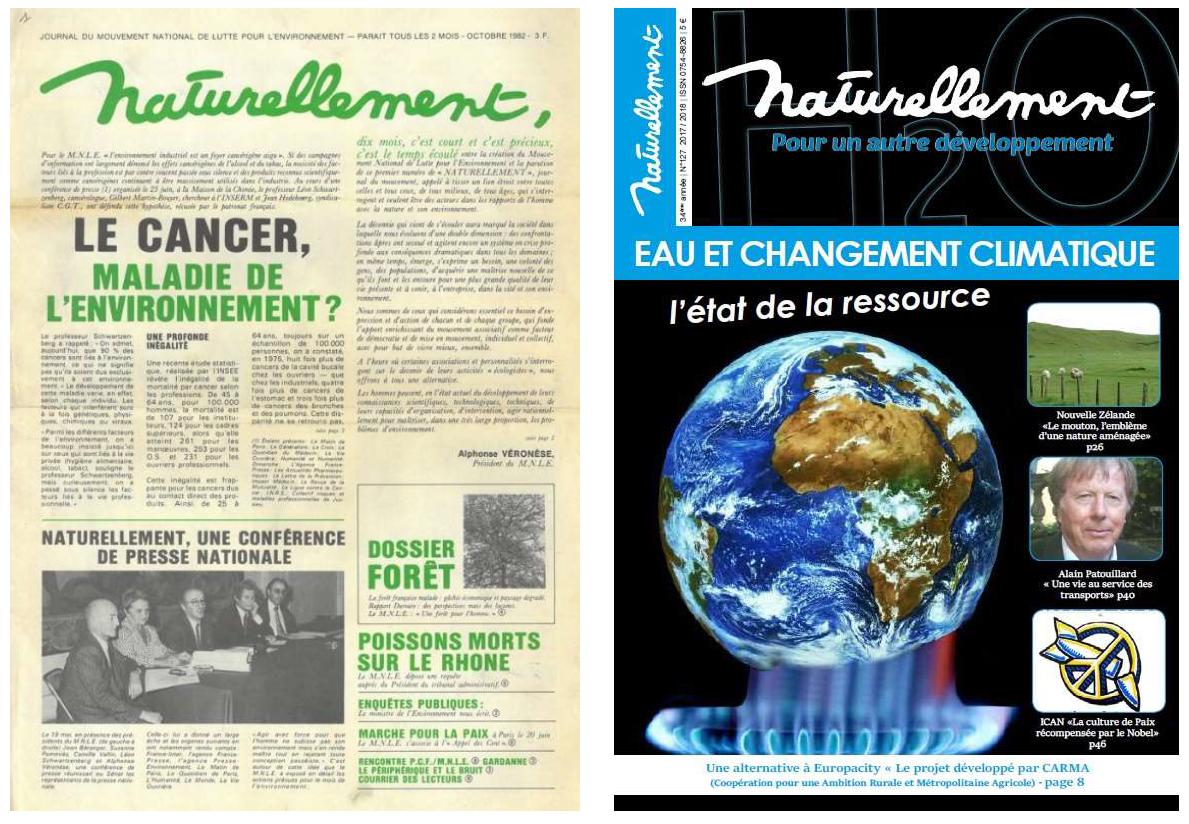Found 1 results
Article
15 November 2024Long-Term Change in Human Impact and Environmental Perceptions: A 40-Year Case Study of an Environment-Focused Non-Governmental Organization
Non-governmental environmental organizations are diverse in scope, goals and doctrine, ranging from natural history societies to green parties. It was from the 1960s that they became widespread worldwide. To characterize a French NGO and assess the changing trends in its objectives over time, we have qualitatively and quantitatively analyzed the journal it has published without interruption for 40 years: 140 issues, 4500 pages, and almost 250 keywords. The initial scope of the NGO was focused on ‘humans and nature’: we do not protect the environment against humans but with humans, i.e., at the same time as humans, which is the very definition of sustainable development, with its three-fold focus: nature, economy and social justice. The primary issues included recognizing water as a shared resource for all people, promoting sustainable agriculture and transportation (such as railways), advancing peace efforts, and protecting nature. This approach emphasizes a rigorous, evolving scientific perspective that goes beyond a focus on a few charismatic species (‘deluxe biodiversity’), embracing biodiversity in its entirety. Over time, the discourse has kept track of the shifting priorities of most Green parties: less and less focused on nature (e.g., forests, ecosystems) and more and more on social issues (e.g., health, housing, transport). However, it differs in not focusing on the idées fixes of the Greens (e.g., rejection of civil nuclear power, GMOs).
